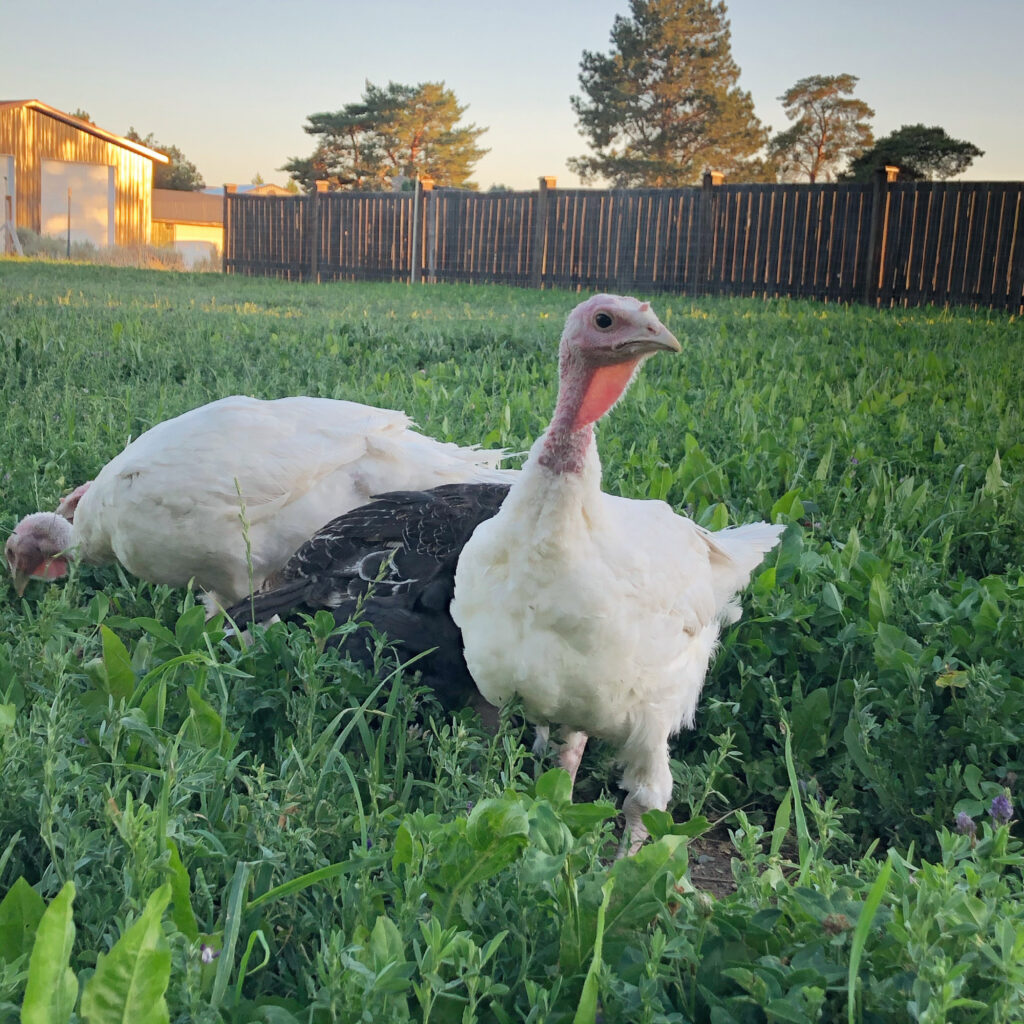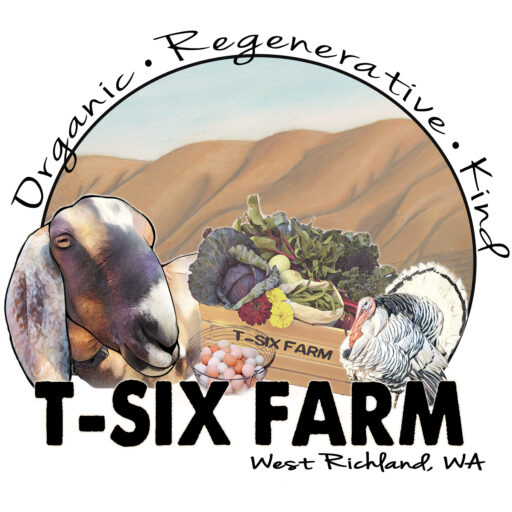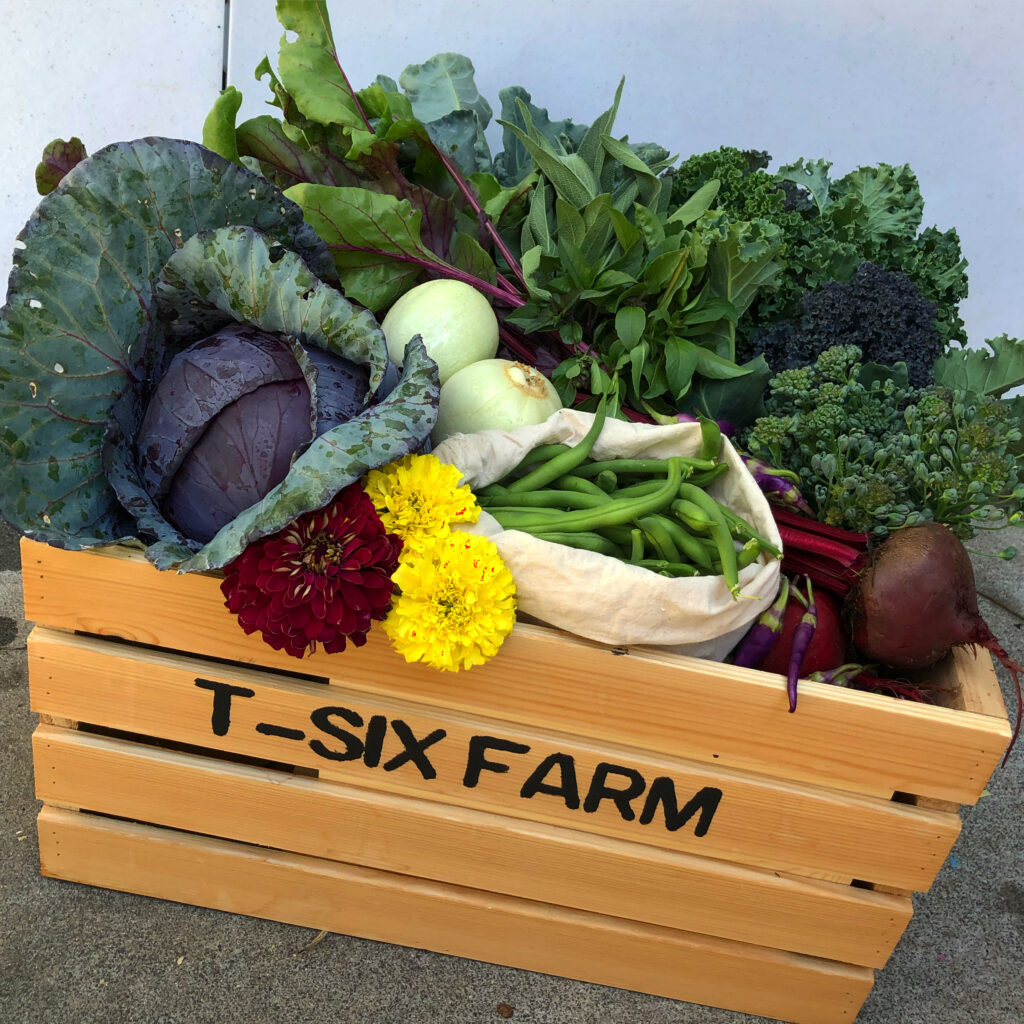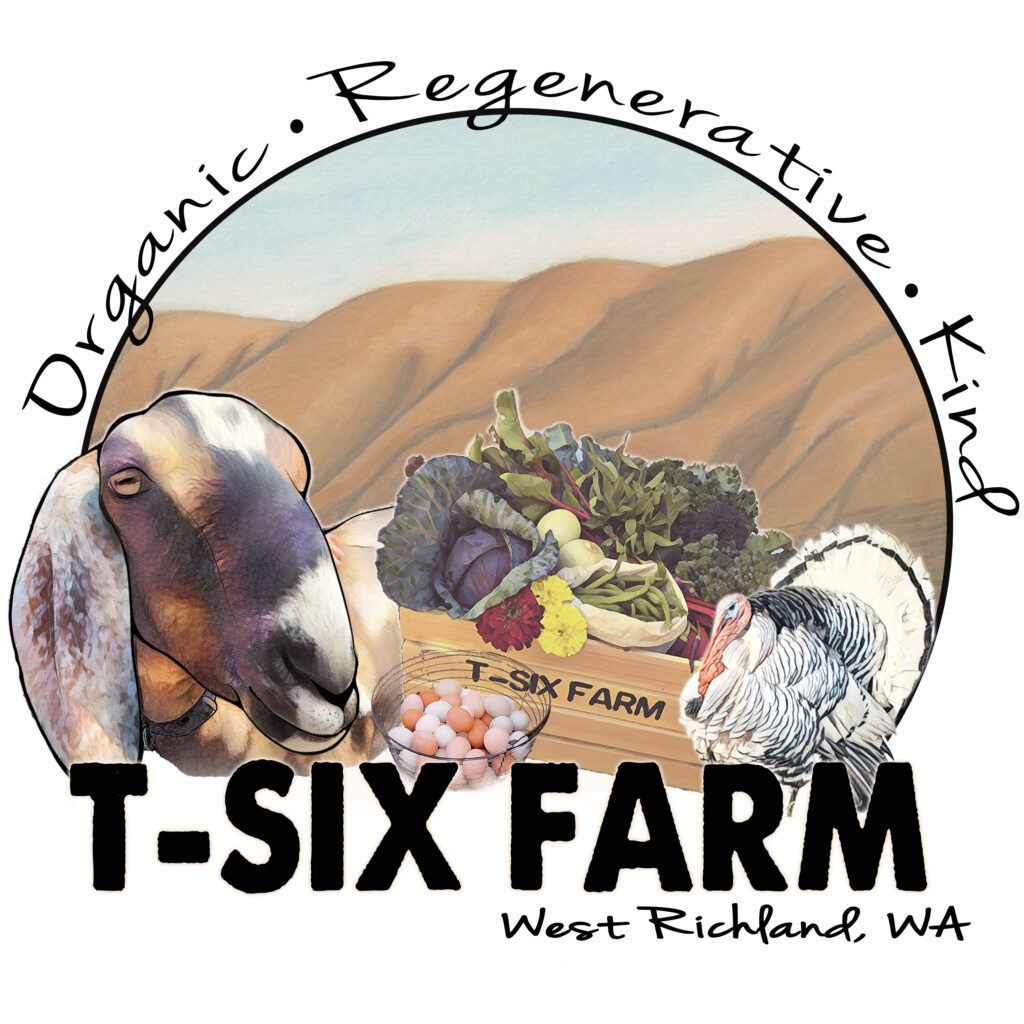What about animals? Aren’t animals methane gas producing, carbon footprint expanding, climate culprits?
They can be. Or they can help reduce your carbon footprint and heal damaged soil. It all depends on how you raise them.
Here’s another news flash: animals didn’t evolve to spend their entire lives confined to tiny cages. Humans forced them into those cages, and humans are the ones who created the climate crisis, the animals are unfortunate pawns.

I (Jen) am a total animal science nerd, I will talk to you all day about the intricacies of ruminant function and the miracle that is a four-chambered stomach. I’m guessing you probably don’t care much about that. Let me just plug one tiny fact: ruminants do produce methane- it’s a byproduct of the fact that they can pull nutrition from grasses, something humans can’t accomplish with our inferior single stomachs. But seaweed could hold the answer, reducing methane emissions by up to 82%. Research coming from UC-Davis (published in PLOS ONE) states: “we now have sound evidence that seaweed in cattle diet is effective at reducing greenhouse gases, and that the efficacy does not diminish over time.” Now, we know that this research was done on cattle, and not goats- that’s par for the course, most of what we know about goats is actually from research done on cattle and sheep (all ruminants). But the logic remains the same- and we’ve been feeding kelp supplements since “before it was cool” for it’s vitamin C and immune boosting purposes.
We mention this because science is awesome- and farmers have a responsibility to watch the scientific community for clues we can use in our operations to make our practices more sustainable and eco-friendly.
But we also have a responsibility to look to traditional wisdom as well. The earth is in trouble because people messed it up (did we say that already? I think we did. We’ll probably say it again, too). As humans we need to overcome our arrogance as a species and look to the past for answers of how ecosystems evolved and functioned without our interference. This is why all our animals live in as natural an environment as we can provide. The human piece is our ability to observe the benefits particular animals provide to an ecosystem and work to stack those benefits. This is why we use chickens as rototillers, turkeys as pasture rotation to look for bugs (you don’t need to use chemical parasitic control in your ruminants if the parasites never made it past the turkey army).
We raise animals because we love animals (Don’t offer me a stray, because I have zero self-control and will save them all). Our goal is to give our animals an amazing life, even the meat animals. Humans lack the ability to convert protein the way other animal species do (ruminant science!), and people throughout history have chosen to eat animal protein to maintain our own viability as a species. Some people opt out of eating animal protein, and we wholeheartedly support that. But the reality is that every food option for humans comes with an animal cost- though sometimes indirect. Our current capitalistic food system has divorced the eaters from the eaten- chicken comes wrapped in plastic and styrofoam and called “breast cutlets,” cows become “hamburger,” salmon, “fillets.” Imagine now if there were a photo of the housing conditions of that animal attached to each package. If you saw the warehouses where the turkeys spend their entire lives, trying not to get trampled in the crowded indoor space. If you saw the feed lots where the beef steers stand in manure up to their bellies, remaining motionless for hours on end because there is literally no where to go or nothing to do. I believe that if we had to personally reckon with the real life cost of our food choices that we would eat a lot less meat and center our choices around what was best for the animal. People recoil when I mention that I want them to meet their thanksgiving turkey- but I do. Barbara Kingsolver puts it best in her iconic book, Animal, Vegetable, Miracle, with “We already knew a lot of dying went into our living… You can leave the killing to others and pretend it never happened, or you can look it in the eye and know it. I would never presume to make the call for anyone else, but for ourselves we’d settled on a strategy of giving our food a good life until it was good on the table.”
Now not everyone has the space, knowledge, or desire to raise their own animal protein, and this is where capitalism does a good thing: We raise the animals in a way that meets our own standards, and if you, too, care about animal welfare the way we do, then you can pay us to raise the animals in a way that satisfies both our consciences.
Whew- that was heavy.
Can we get back to goats- I really like talking about ruminants, especially goats. You can read all about it over here.


